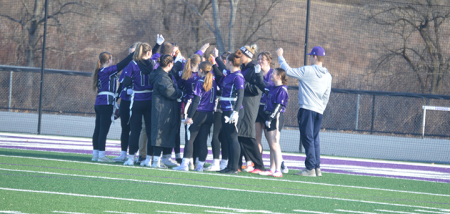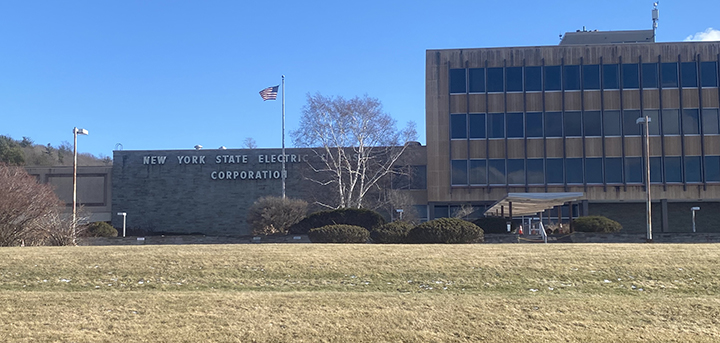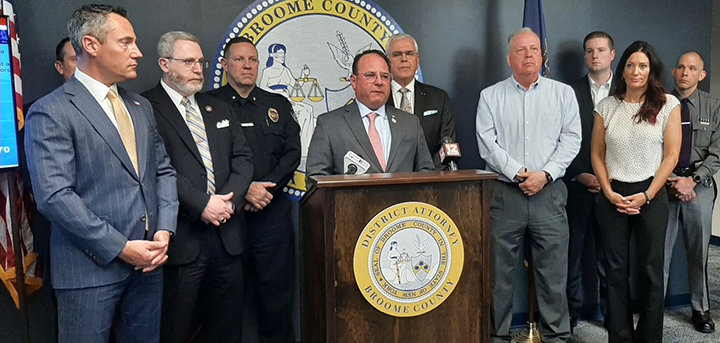Tilting At Windmills: Good Bye, Joe - Encore
Published:
April 4th, 2025
By:
Shelly Reuben

The last time I saw Joe, I was with my family, eating, greeting, telling stories about this and that. After a few days, I noticed that if my Uncle Joe wasn’t at work, he was always with my Aunt Esther, his children, his grandchildren, or his dog. Curious, I thought.
So, I asked him, “Joe. Don’t you have any friends?”
Joe looked up, leaped to his feet, and said, “Come.” I followed him to the back of the house. He hopped on one bicycle, pointed to another bicycle, and said, “You want to meet my friends, I’ll show you my friends.” Then he began to pedal up the road. I leaped on the second bike and I followed him.
Joe was like a little gnome with a big dent in a high, furrowed brow. His wife, my Aunt Esther, had come to him from a tumultuous past. Born one of 13 children in Lachine, Canada, she survived her siblings (boot camp for adulthood), joined the military for a brief stint during World War II, and then somehow landed up in California with three children, married to an abusive, alcoholic husband. With a lot of help (my parents, her brothers and sisters), funds were accumulated, and Esther sailed across the Atlantic with her offspring to become members of Degania B, a Kibbutz near the Sea of Galilee.
Beautiful setting to start a new life. And beautiful settings often lead to … romance, of course. The real thing. The real guy. The real hero.
Enter Joe.
Joe Zion was the person we all would have wanted to be if we’d had the misfortune to be alive, young, and Jewish in Europe when the Nazis invaded Poland in 1939. Joe was sixteen years old. Until the end of the war, he hid in the forest and fought in the resistance. Six million Polish citizens were murdered by the Germans during World War II. Joe survived. He emigrated to Israel.
Great timing.
Wham … Joe was being shot at again.
With Lebanon to the north, Syria on the east bank of the Sea of Galilee and Jordan on the south, Degania B was literally the bull’s eye of a target. And there was my Uncle Joe, smack dab in the middle.
In 1948, during the War of Independence, Joe was in a trench defending his kibbutz against a Syrian attack when a bullet or a piece of shrapnel gouged that hole into his forehead. He lost an eye, too. Same battle. Same trench.
I met Joe many years later. Long after he had fallen in love with my Aunt Esther.
He was no longer a warrior then. He was a short, energetic, smart, smart, smart forty-year-old man who spoke and wrote seven languages. Joe knew everything about everything, was willing to engage in philosophical discussions, and was happy with his small, tight family. He raised chickens.
“Chickens?” I asked. “You like chickens?”
“No.”
“Then why …”
So Joe told me a story. Sometime after he came from Poland to live in Degania B, he started to grow tomatoes. That was his job. To prepare the soil. To plant the seeds. To irrigate. To see the plants get bigger, rosier, and redder. For years after Israel declared independence, the kibbutz was under attack. Over and over again, just as he was getting ready to harvest his crop, a bomb … from Syria. From Lebanon. From Jordan … would shatter the serene silence of the farm and explode in the middle of his field.
Joe had loved his tomatoes. He nurtured them. Protected them. Watched them grow. Then in seconds. Destroyed. Gone.
“So why chickens?” I asked him.
He smiled impishly. He shrugged. “I hate chickens. When a bomb hits the chicken coops, I don’t care.”
I think that was when I fell in love with my Uncle Joe. Thirty years later, I saw him for the second and last time. That was when I’d asked him if he had any friends and when he leaped on his bicycle and motioned for me to follow.
I did. Up and down narrow roads. Into a leafy area. Up a rugged lane onto a tree-shrouded path. He stopped his bicycle, got off, and dropped it. So did I.
He looked around.
I looked around.
“This is a cemetery,” I said, astonished.
“You asked me where my friends are,” he said. His voice was low. Staccato. Heartbreakingly matter of fact.
“They’re here.”
And now, my brave, gruff, loving, gentle, ferocious, loyal, independent uncle is also up in that leafy grove. With his friends again, at last.
Another one of the good guys. Gone. Thanks for the memories, Joe.
Thank you very much.
Copyright © Shelly Reuben, 2025. Shelly Reuben’s books have been nominated for Edgar, Prometheus, and Falcon awards. For more about her writing, visit: www.shellyreuben.com.
Author: Shelly Reuben - More From This Author
Comments
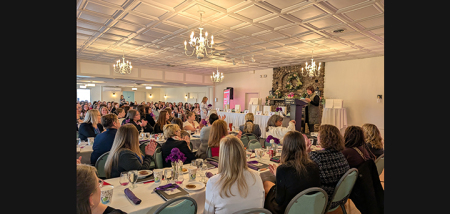
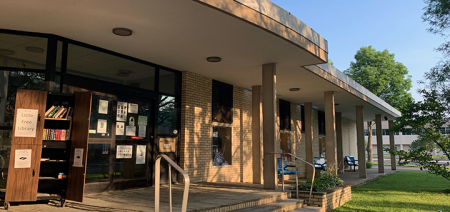
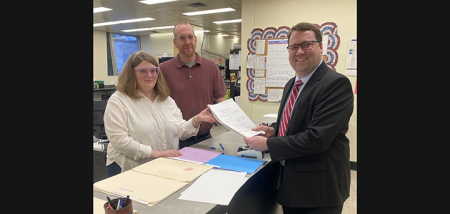
.jpg)
